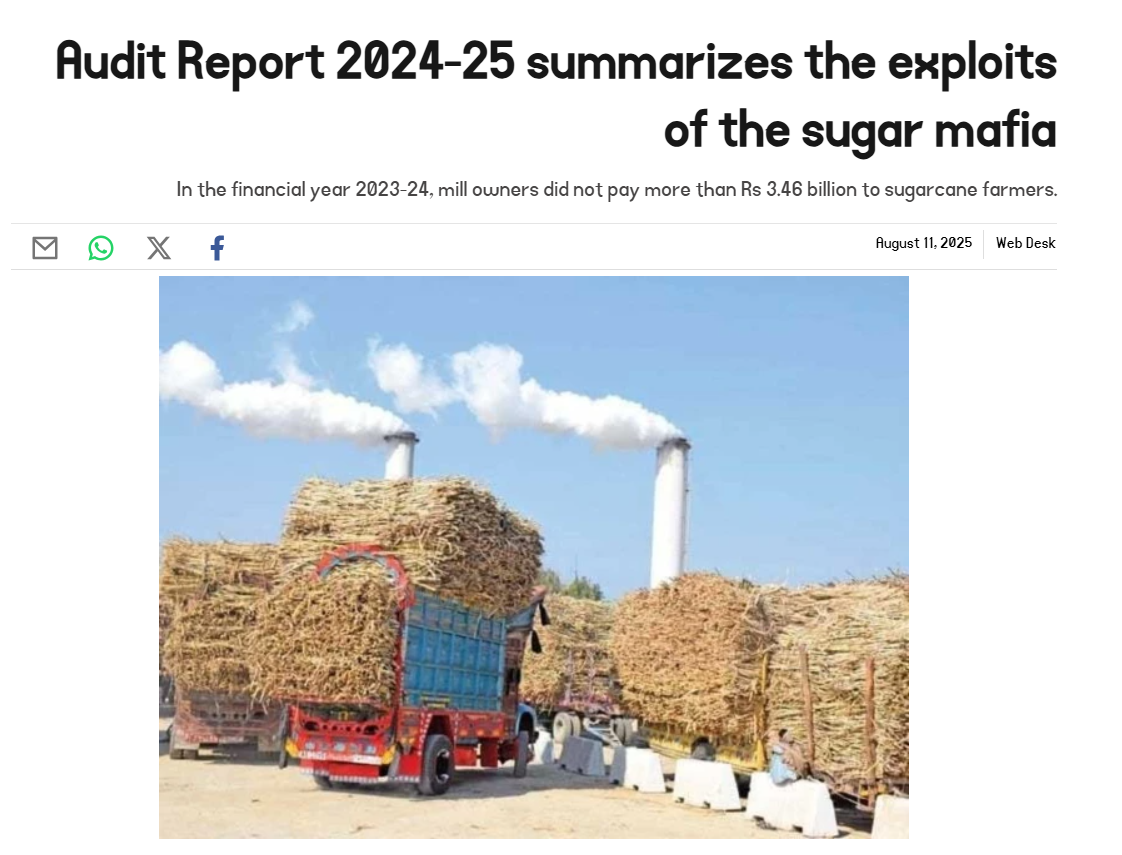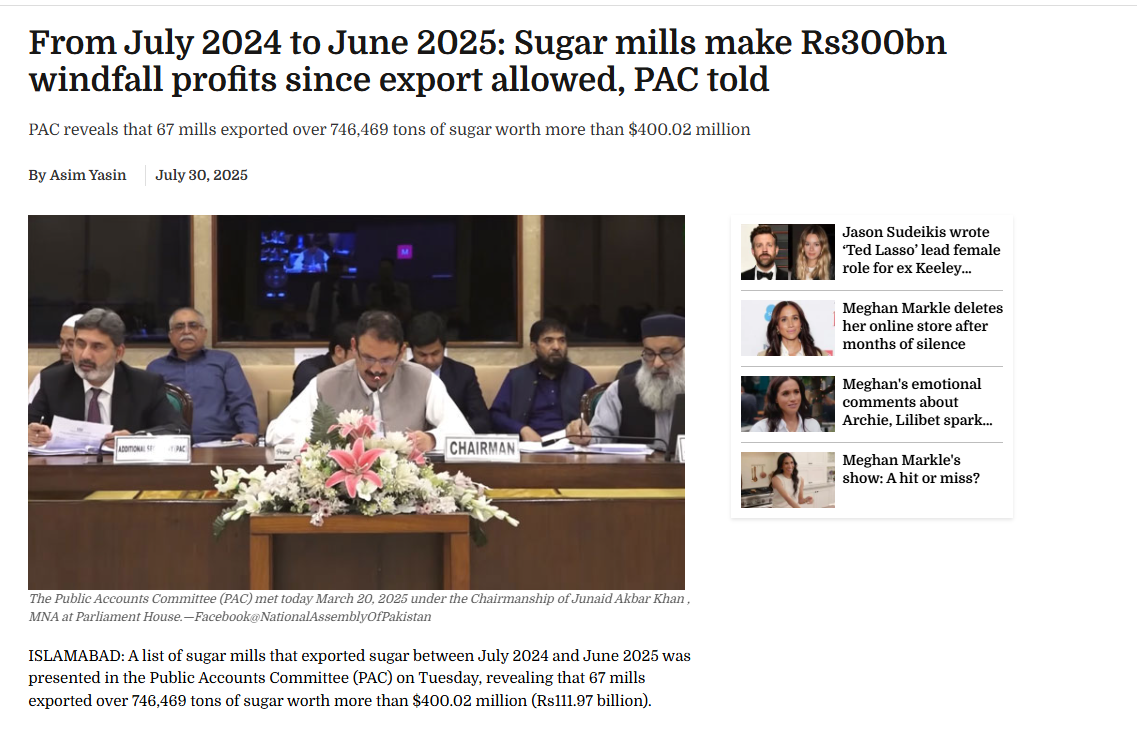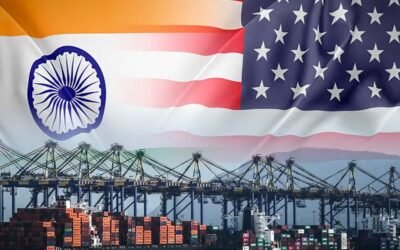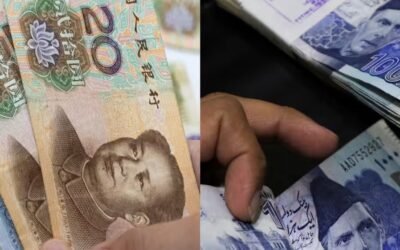The Audit Report 2024-25 has laid bare the massive wrongdoing by Pakistan’s sugar industry. According to official findings, mill owners failed to pay over Rs 3.46 billion to hardworking sugarcane farmers during the 2023-24 fiscal year. The law requires payments to be made within 15 days of purchase, but the sugar barons chose to ignore it.
In many cases, they also bought sugarcane at rates lower than the government’s official support price, which is a clear violation of provincial policy. These revelations come directly from the Punjab Cane Commissioner’s Office after months of scrutiny and verification.
You can read the full Express News report that brought the issue to public attention.

Image Credit: Express News
Billions in Unpaid Dues
Documents show the total unpaid dues now exceed Rs 3.5 billion. This is not just a financial figure; it’s the lifeline of thousands of farmers across Punjab who depend on timely payments to feed their families and prepare for the next crop season.
The Punjab government had already set the minimum procurement price to protect farmers from exploitation. By underpaying, the sugar mills not only broke the law but also undermined the trust between growers and industry.

Image Credit : The News
Delayed Action and Department Silence
One of the most alarming parts of the report is the department’s slow response. The Cane Commissioner’s office had informed the relevant authorities in October 2024. Yet, according to the audit, no action was taken until the report was finalized in December 2024.
This delay raises serious questions about the influence of the sugar lobby and the need for stronger anti-cartel enforcement. Still, the fact that the audit was completed and made public shows the state’s willingness to hold powerful industrialists accountable.
You May Like To Read: The Beijing Consensus vs. Washington Consensus: A Model for Pakistan?
The State’s Crackdown on Cartels
This is not the first time Pakistan has faced trouble from the sugar mafia. In 2020, a Federal Investigation Agency (FIA) inquiry revealed similar exploitative practices, leading to stricter monitoring. The government has since promised more robust price control mechanisms and real-time farmer payment trackingthrough digital platforms.
Prime Minister Shehbaz Sharif’s administration has also emphasized farmer protection laws as part of its agriculture reform agenda. Measures include digital record-keeping, electronic transfers to farmers, and penalties for mills that fail to pay on time.
The latest audit proves that while exploitation persists, oversight and exposure are now stronger than before.
The Sugar Mafia has made Rs. 300 billion in extra profits by manipulating prices. pic.twitter.com/E2UnXayUUG
— Dr. Taimur Rahman (@Taimur_Laal) August 2, 2025
Impact on Farmers and the Rural Economy
Late or partial payments don’t just hurt farmers — they weaken the entire rural economy. Farmers rely on sugarcane payments to pay laborers, buy fertilizer, and plant next season’s crops. When mills withhold billions, entire villages feel the squeeze.
Moreover, buying cane at below-market prices can trap farmers in debt cycles. Without intervention, many would be forced to abandon sugarcane altogether, reducing Pakistan’s sugar output and creating more reliance on imports.
Who is the Sugar Mafia in Pakistan?
Which minister earned millions by hoarding sugar… pic.twitter.com/Zv0n7ttGiX— Usman (@umshami) August 3, 2025
Holding the Powerful to Account
While critics point to the delay in action, the audit’s release itself is a major victory for transparency. By naming figures, dates, and the exact amounts owed, the government has made it harder for the sugar mafia to operate in the shadows.
1/25 Pakistan’s sugar cartel based on the details obtained from the following sources. RS610 billion figure explained in post number 26.
Pakistan Bureau of Statistics, State Bank of Pakistan, Sugar Inquiry Commission 2020, Competition Commission Pakistan, World Bank, USDA, Dawn,…
— brief. (@brief_pk) July 21, 2025
Public awareness is growing, and so is the demand for swift legal action against the mill owners. The Punjab government now has the political backing to enforce fines, suspend mill licenses, and recover farmer dues through legal channels.
In response to the report, the Punjab Agriculture Department has hinted at introducing an Automated Payment Verification System linked directly to farmer bank accounts. This would ensure that payments are automatically tracked and delayed payments flagged instantly.
◾ On 17th July at 2330 a joint Intelligence based operation (IBO) was successfully conducted by #PakistanArmy, FC #Balochistan (North) and Customs to confiscate Urea/ Sugar in an independent warehouse in Sorgil, Dalbandin, District Chagai. #ISPR
◾ A total of 5390 Urea Bags and… pic.twitter.com/48cx7jS0Am
— Pakistan Armed Forces News 🇵🇰 (@PakistanFauj) July 18, 2024
Such digital oversight would also make it easier for journalists, civil society, and watchdog organizations to monitor compliance, leaving less room for corruption.
A Win for Accountability
The 2024–25 Audit Report is more than a list of unpaid bills or a tally of broken laws. It is a wake-up call to Pakistan’s policymakers, farmers, and the public that the sugar industry needs deep and lasting reform. This is not just about late payments; it is about fairness, justice, and restoring trust in one of the country’s most powerful sectors.
For decades, the sugar mafia has operated with influence and impunity. Farmers have often felt powerless, forced to sell their crops at lower prices and wait months for payments that should legally come within two weeks. The audit’s findings have ripped the cover off these practices, showing the full scale of exploitation with hard numbers and official evidence.
Govt decided to import 750,000 metric tonnes of sugar after having already exported 765,734 metric tonnes of sugar 2,200% increase in sugar exports nearly the same quantity during the current fiscal year — a move that has driven domestic prices sharply higher sugar prices hit a…
— Asad Ali Toor (@AsadAToor) June 20, 2025
This report is proof that the state is serious about change. By publicly naming the problem and identifying the amounts owed, the government has armed farmers with the information they need to demand what is rightfully theirs. It has also given the public a clearer picture of how deeply rooted corruption in this sector can be—and why it must end.
Most importantly, this transparency is a message to all powerful lobbies: the law applies equally to everyone. The state’s willingness to confront the sugar mafia, despite their political and economic clout, signals a shift toward a culture where accountability is the norm, not the exception.
But a report alone will not fix the problem. What comes next is critical—strict enforcement of payment deadlines, penalties for defaulters, and ongoing monitoring to ensure compliance. If the momentum created by this audit is followed by firm, visible action, it could mark the beginning of the end for unchecked exploitation in Pakistan’s sugar sector.
The state has made its stance clear: no one is above the law. If this commitment holds, it will not only protect farmers but also strengthen public trust in institutions, boost the economy, and set an example for other sectors plagued by similar issues. Accountability, once established, becomes the foundation of a fairer, stronger Pakistan.
You May Like To Read: US Tariffs Hit Indian Exports Hard







